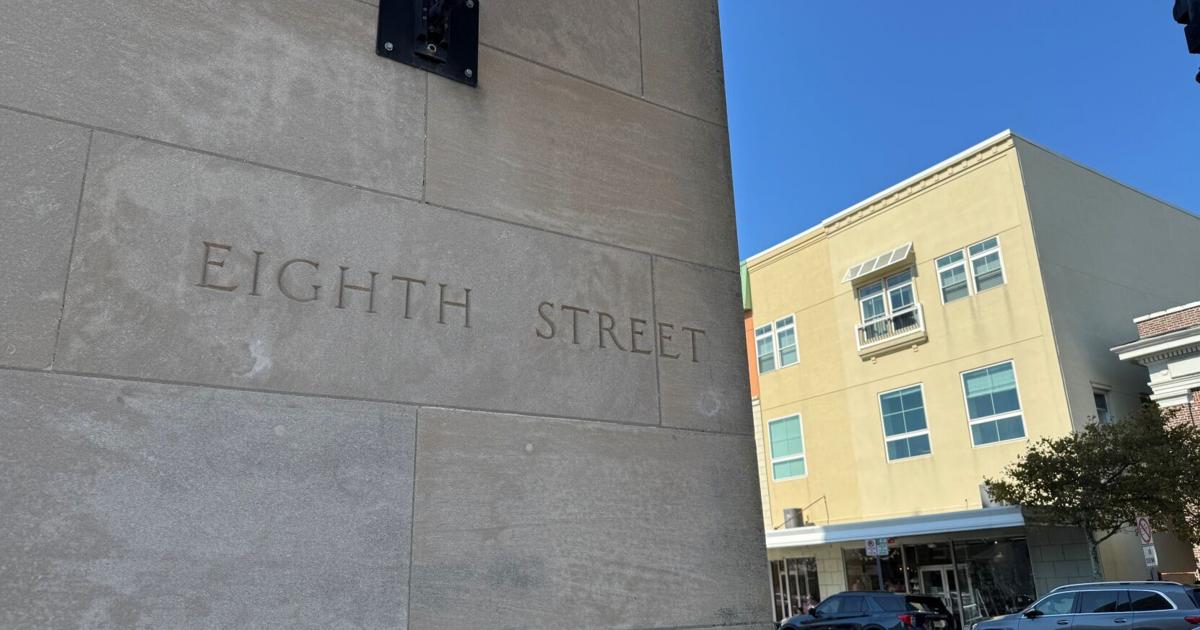
During his first campaign for the presidency, in 2015, now-President Donald Trump rose to become a dominant figure in U.S. politics by turning repeatedly to a jeremiad against migration.
The people he had in mind, though, were not generic migrants. They were predominantly brown-skinned people from Latin America whom he often portrayed as patients from “insane asylums” or rapists and other dangerous convicts who were loosed on the world by their governments and would spread violent crime in the United States.
But if this attempt to curdle the blood of U.S. voters was the primary tactic behind Trump’s brand of xenophobic populism, it was far from the only fear that the campaign that carried him to election the next year would invoke. A close second behind the theme of crime was the idea that these mostly Spanish-speaking immigrants who were willing to do low- and semi-skilled work for modest wages were taking jobs away from honest Americans, blighting people’s lives.
It proved highly effective as an election strategy, although almost everything about the Trump campaign’s theory was false. No one has ever shown that large numbers of Latin American immigrants come from prisons, never mind mental health treatment centers. Numerous studies have found that immigrants commit crimes at lower rates than the native population. U.S. unemployment rates across both of Trump’s terms in office (and during the interim of the Biden administration) have generally been low.
And there is little sign that U.S. citizens are eager to fill the low-wage and often arduous jobs that undocumented workers have disproportionately occupied even now that Trump’s heavily touted clampdown has reduced illegal border crossings to a trickle. Labor and immigration economists say that this is for an obvious reason: Because of a rapidly aging population and declining birthrates, the U.S. economy is experiencing a shortage of workers that will continue well into the future.
Without finding a way to increase immigration from recent Trump-induced lows, this will seriously hamper the country’s economic growth and weaken the tax base that pays for vital, decades-old features of U.S. democracy, including Social Security and public health care programs such as Medicare and Medicaid.
In recent days, Trump has gone one step further, making his campaign against immigration global. In his speech at the United Nations General Assembly on Sept. 23, he spoke of immigration as a mortal threat to the entire wealthy world.
He has also turned his nativist argument to the other end of the labor scale: aspiring high earners. This newest clampdown, which targets foreigners seeking a special type of visa known as the H-1B, is at least equally misguided, and it will inflict a range of harms on the country’s prosperity and standing in the world.
The United States has long granted H-1B visas to applicants with specialized skills. Typically, this has meant employees for large Silicon Valley companies and in other high-tech industries, where engineering and advanced scientific degrees are essential. In recent years, H-1B recipients have mostly come from India, where well-educated applicants are known to pray at shrines hoping that their applications will be approved. According to recent data, China places a distant second as a source of this labor.
Having just thrown relations with India—an important U.S. partner—into chaotic regression through the imposition of unusually onerous tariffs on Indian goods, the Trump administration delivered another curveball to bilateral ties on Friday by announcing a $100,000 fee for the H-1B. Needless to say, few individuals, and most likely not many companies, will be willing to pony up such an exorbitant charge.
Before we come to the likely consequences, we should pause to consider the chaos that surrounded the rollout of the new policy. In announcing it, Trump said that the new rules would take effect immediately. This caused panic worldwide as H-1B visa holders rushed to get back to the United States in their desperation to avoid being barred from the country.
In scenes widely circulated on social media, some passengers even insisted on deplaning from long-planned flights to their home countries as the news spread through passenger jets parked at departure gates of U.S. airports.
Making things worse, at one point, Commerce Secretary Howard Lutnick said that the $100,000 amount would constitute an annual fee, which was sure to make this category of visa impractical for all but the most rarified of tech talent. Sensing the panic and confusion that it had unnecessarily provoked, the administration then clarified that the $100,000 amount was a one-off fee that would only be imposed on new applicants, not existing visa holders.
Beyond damaging ties with a country as important as India, the H-1B visa fiasco has accelerated the decline in the global image of the United States as a relatively open country, historically speaking, where rules and laws are formulated through a serious and transparent deliberative process and not on the basis of personal whims, especially not those based on rank identity considerations.
The H-1B change comes on the heels of another major, self-inflicted fiasco involving the rounding up and repatriation of South Korean technical workers at an electric vehicle battery plant in Georgia earlier this month. This will not only hurt efforts to attract foreign investment in the United States, an avowed Trump aim; it will also likely set back bilateral relations with South Korea—a major U.S. ally—for many years.
Candidly speaking, the economics of the H-1B changes are as senseless as any of this. The same supply-and-demand issues that drive the U.S. need for workers at the low end of the wage and skill scales apply in the high-tech world that attracts H-1B applicants. Trump’s theory that people from India, China, and other countries who come to the United States for this kind of work are depriving deserving Americans of well-paying jobs—or stealing them, to put it more crudely—is baseless.
For a country with such a large and economically important technology sector, the United States produces far too little of the engineering, hard science, mathematics, and computer and software talent that it needs to sustain its global leadership. In fact, U.S. leadership in this sector is being simultaneously imperiled by other Trump policies that attack U.S. universities and cut government support for many science and research programs.
There is nothing wrong with a U.S. president aspiring to see Americans advance into well-paying jobs in the most sophisticated realms of the tech economy, but efforts to make it harder for foreign talent to work in the country will not support that goal. Instead, these moves will only pinch innovation; raise the cost of doing research in the United States; and, most likely, gradually induce stagnation.
Being a country that talented people from around the world—mostly Asians in recent decades, but increasingly Africans and others—aspire to come to and work in is a privilege. Xenophobia and populism may cause the United States to lose sight of this reality.
In the meantime, Americans are hearing precious little from their leaders about doing the sorts of things that could help ensure that existing citizens gain more access to advanced and high-paying work. That’s not because what is needed—a redoubling of investment in high-quality education at every level for Americans of every stripe—is a mystery or secret. It’s because no politician has figured out how to make a winning platform on this basis, least of all those with a populist bent.



